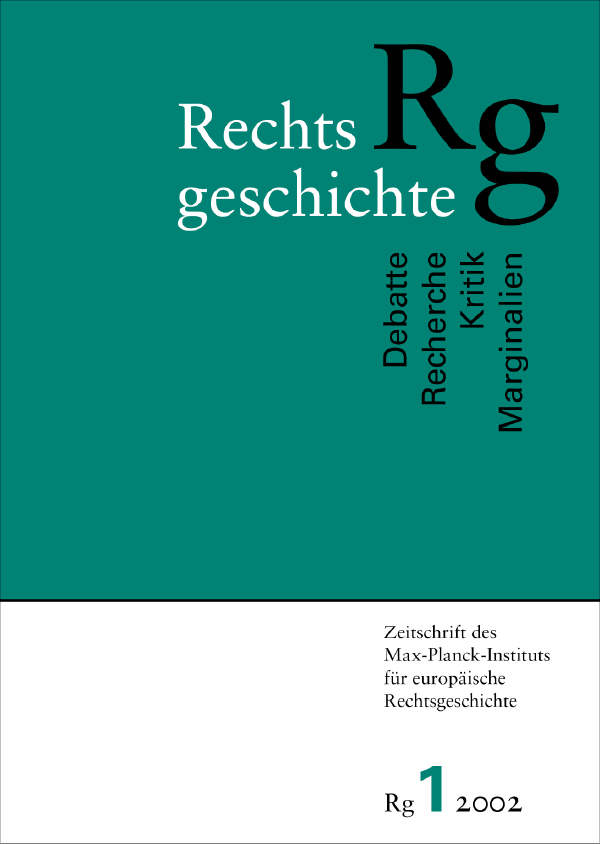Grenzen vor Ort
DOI:
https://doi.org/10.12946/rg01/122-145Abstract
The changing perception and reality of the boundaries of rule in Western Europe are outlined on the basis of current scholarly research and discourse. State control over the drawing of boundaries implied changes that had a substantial impact on the powers of local entities. Instead of an interactive local demarcation of boundaries, they came to be determined as an act of sovereignty by neighbouring states. Yet the populations living near the borders made their mark, appropriating them creatively according to their own perception and reality of state and nation. The tendency to regard the drawing of boundaries as an exclusive attribute of state sovereignty had an enormous effect on relations with non-European societies. Yet even in colonial contexts non-Europeans were not helpless in their dealings with European of-ficials and authorities. The Moslem subjects of France in eastern Algeria, for instance, instrumentalised colonial surveys as a tool to be used against their Tunisian neighbours. In many places along the colonial borders of West Africa, closely linked markets were formed. The boundaries drew the population into cross-border trading networks that exploited the discrepancies in fiscal burdens. Border regions formed their own “third spaces” to whose specific requirements European officials and authorities had to adapt.
Downloads
Veröffentlicht
Zitationsvorschlag
Ausgabe
Rubrik
Lizenz
Copyright (c) 2002 Autor/in

Dieses Werk steht unter einer Creative Commons Namensnennung - Nicht-kommerziell - Keine Bearbeitung 3.0 International -Lizenz.





